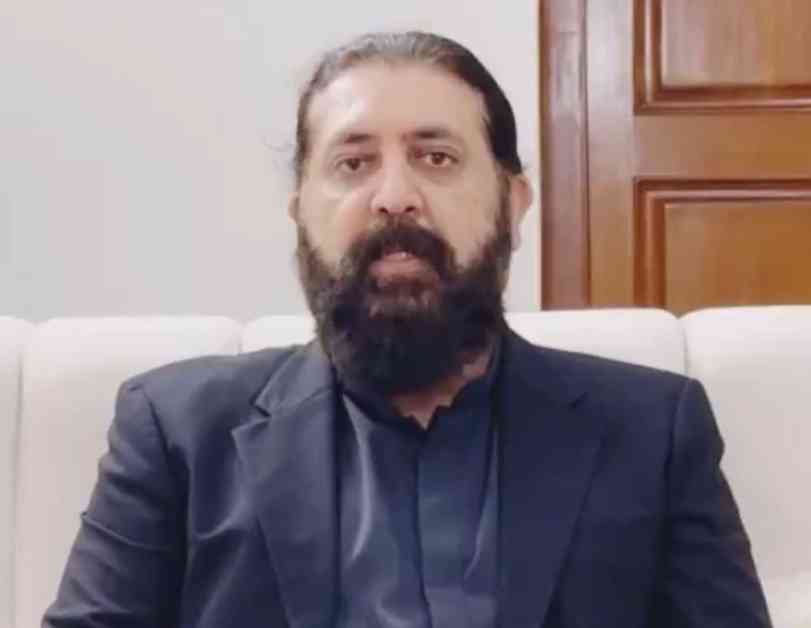Pakistan Tehreek-e-Insaf (PTI) to Continue Negotiations Despite Imran Khan’s Sentencing on January 6
In a recent press conference, Shaikh Waqas Akram, the Secretary Information of Pakistan Tehreek-e-Insaf (PTI), announced that the party’s negotiation process would push forward, regardless of the impending sentencing of the party’s founder, Imran Khan, on January 6. This decision comes amidst ongoing discussions surrounding the civil disobedience movement initiated by Khan.
The Ongoing Civil Disobedience Movement
Shaikh Waqas Akram emphasized that the current phase of the civil disobedience movement is still in progress, with a particular focus on Pakistanis residing overseas. The movement aims to address the concerns raised during negotiations, with the first phase targeting expatriates and their families who are reportedly facing threats. The impact of this movement is expected to unfold over the next three months, shedding light on its effectiveness and reach.
PTI’s Stance and Criticism
It is crucial to note that the civil disobedience movement is not directed towards the country as a whole, but rather towards the existing government and what PTI deems an inadequate prime minister. Despite acknowledging the potential hardships the movement may impose on the public, PTI remains resolute in its mission to challenge the current political landscape.
Denial of Speculations and Future Prospects
Addressing speculations regarding the release of PTI workers from military courts, Shaikh Waqas Akram clarified that such actions should not be misconstrued as acts of goodwill. He firmly stated that PTI operates as a political entity, not an armed faction, underscoring the movement’s non-violent nature.
In conclusion, Shaikh expressed hope that Imran Khan would not face sentencing on January 6. However, he reinforced PTI’s commitment to continuing the negotiation process, highlighting the party’s unwavering dedication to its cause, irrespective of the court’s verdict.
By providing this insight into PTI’s inner workings and motivations, it becomes evident that the party’s commitment to change remains steadfast, even in the face of adversity. With the civil disobedience movement at the forefront of their agenda, PTI’s actions and decisions are poised to shape the future of Pakistani politics in unforeseen ways.









